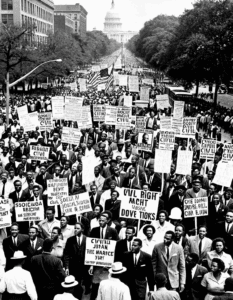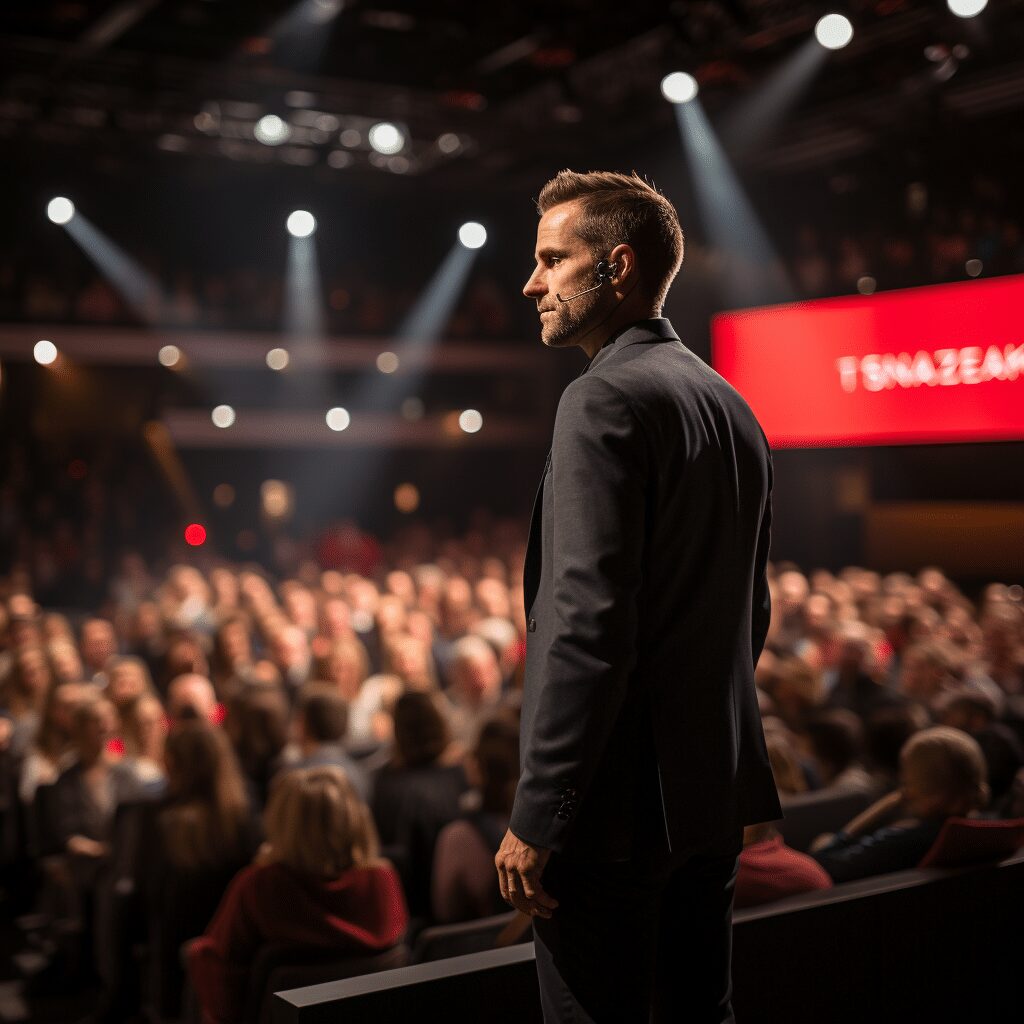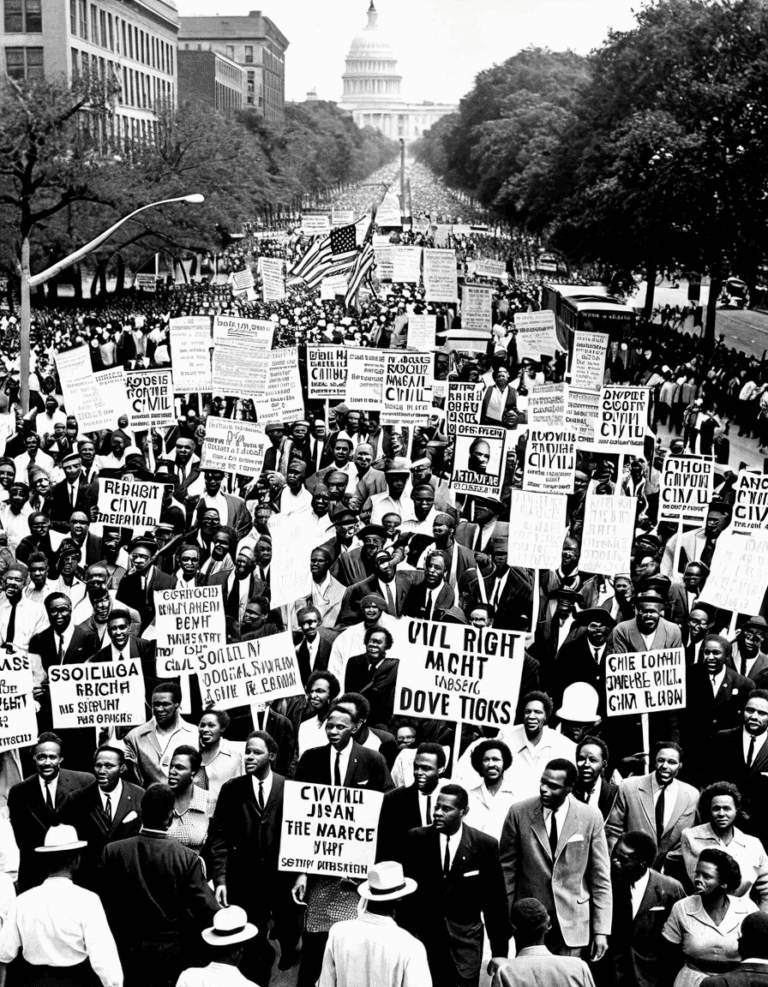In today’s fast-paced event landscape, conference keynote speakers play a crucial role. They act as catalysts for inspiration and leadership, often serving as the heartbeat of an event. These speakers have an extraordinary ability to engage, motivate, and charm their audiences, leaving a mark that lasts long after the applause fades. Their compelling narratives and heartfelt messages empower attendees to not only absorb information but also to implement meaningful change in their lives. Let’s dive deeper into the significance of these influential voices and spotlight exceptional speakers leading the charge.
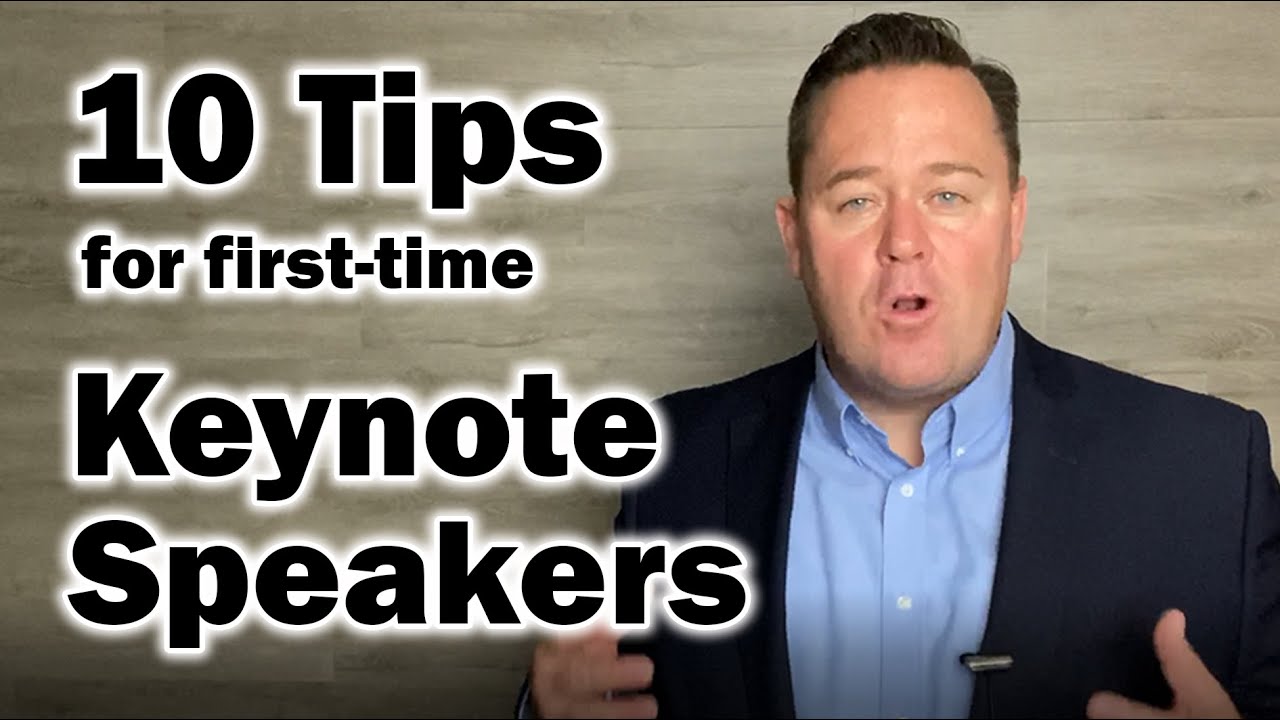
Top 7 Influential Conference Keynote Speakers of 2024
Brené Brown is a name synonymous with courage and empathy. At the 2024 Global Leadership Summit, she captivated attendees with her insights on vulnerability, showing how embracing it can transform our leadership styles. Through rich storytelling, she encouraged participants to seek authenticity in their professional journeys, creating a ripple effect of inspiration.
The visionary Simon Sinek has a knack for turning conventional leadership wisdom on its head. His keynote at the 2024 American Marketing Association Conference centered on his famous concept, “Start with Why.” He encouraged marketers to dig deeper into their core purpose, emphasizing that genuine connections stem from a clear understanding of one’s mission.
As a courageous advocate for education, Malala Yousafzai inspires audiences far and wide. During her moving address at the 2024 Women in Leadership Forum, she passionately discussed the life-changing power of education and urged attendees to become champions for educational equity in their communities.
Gary Vaynerchuk, a powerhouse in the entrepreneurial world, electrified participants at the 2024 Digital Marketing Conference. His forthright insights on adaptation and authenticity resonated deeply, as he urged marketers to stay agile in the face of constant change, offering practical strategies that left attendees buzzing with newfound motivation.
Insights from Dan Pink always present fresh perspectives on motivation and personal drive. His keynote at the 2024 HR Leaders Summit delved into the science behind motivation, equipping human resource professionals with actionable tools to enhance team dynamics and productivity.
Michelle Obama remains a beacon of empowerment. At the 2024 Global Education Summit, she underscored the importance of education as a tool for leadership. Her compelling message pushed attendees to advocate for equitable access to learning opportunities, not just within their communities but globally.
The ever-charismatic Tony Robbins never fails to ignite passion in his audiences. At the 2024 Health and Wellness Conference, he connected personal achievement with mental well-being, motivating those present to take control of their health—both physical and mental—as they chase their dreams.

The Impact of Conference Keynote Speakers on Event Success
Conference keynote speakers are key to an event’s success. Studies show that a dynamic keynote can greatly enhance attendee satisfaction levels. In fact, research by Eventbrite revealed that 68% of participants consider the quality of speakers to be the most vital aspect of their overall conference experience.
Their influence doesn’t just stop at entertainment; it extends to professional development and actionable insights. The most impactful keynote speeches can inspire change, expand horizons, and encourage fresh ideas. With the correct blend of expertise and engaging delivery, conference keynote speakers set the tone for all subsequent sessions.
The Role of Storytelling in Keynote Speeches
What truly differentiates remarkable conference keynote speakers is their capacity to weave storytelling into their messages. Telling relatable stories creates a bridge between the speaker’s insights and the audience’s emotions. For example, Brené Brown’s poignant personal anecdotes resonate with her research findings on vulnerability, making her sessions remarkable and memorable for all attendees.
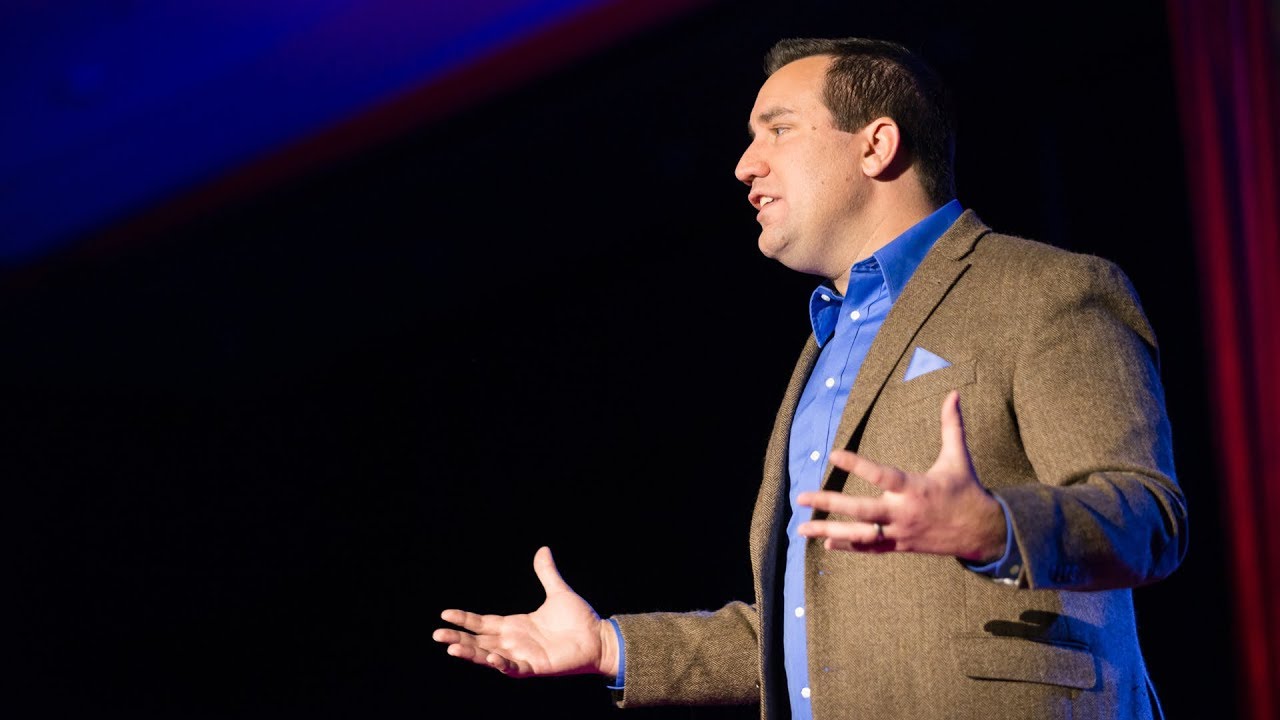
Personalization and Cultural Relevance
Exceptional conference speakers have a keen awareness of their audience’s cultural and professional contexts. Take Simon Sinek, who adjusts his examples depending on his audience’s industry—ensuring that his message resonates well and encourages connection. This tailored approach boosts engagement and builds a rapport between the speaker and audience.
The ability to translate complex concepts into relatable narratives allows attendees to draw personal connections and takeaway key lessons, making conference keynote speakers invaluable resources for learning and growth.

Future Trends for Conference Keynote Speakers
As we look ahead, the role of conference keynote speakers is sure to evolve. A growing emphasis on inclusivity and diversity is prompting event organizers to seek speakers who genuinely reflect a rich variety of perspectives. Additionally, the rise of hybrid events means that in-person and virtual elements will blend seamlessly, offering an enriched experience for all attendees.
Emerging technologies, like interactive presentations and augmented reality, hold immense potential to redefine how speeches are delivered. This transformation allows speakers to captivate their audiences in new and exciting ways.
In an era overwhelmed with information, the role of conference keynote speakers will continue to be crucial. They lead conversations around pivotal topics and inspire attendees to embrace change and lead with passion. As events evolve, so too will the possibilities for fostering inspiration and leadership, ensuring that every gathering leaves a lasting legacy of knowledge and motivation.
For more information about hiring exceptional dynamic keynote speakers, or if you’re seeking inspirational guest Speakers for your upcoming motivational Events, visit Tcaa. Together, let’s make your event an unforgettable experience!
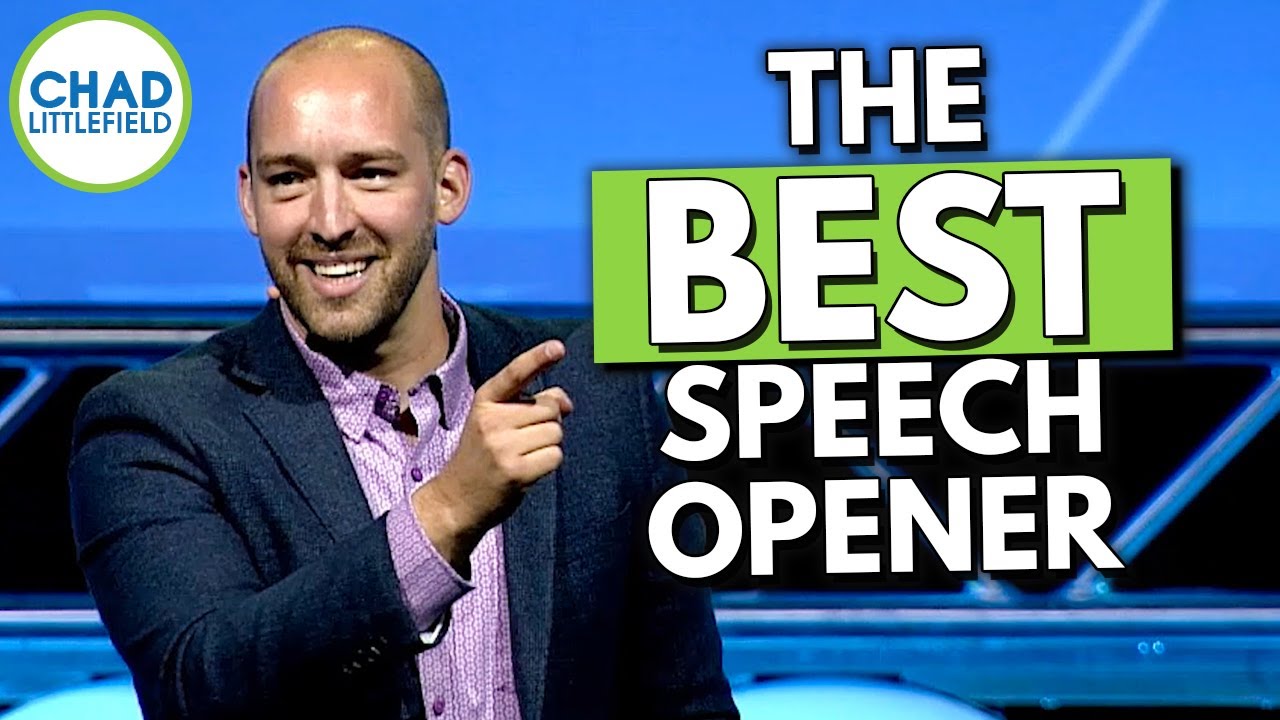
Conference Keynote Speakers
The Pulse of Inspiration
Conference keynote speakers are like the beating heart of events—they set the tone and energize the crowd. Did you know that some of the most famous keynote speakers have captivating backgrounds? For instance, Chip Kelly, the innovative football coach, not only inspires with his strategies but also engages audiences with tales of teamwork and leadership. Similarly, Max Handelman, known for his contributions to the entertainment industry, shares insights that push boundaries and spark creativity.
Speaking of creativity, let’s dive into some fun trivia! Julie Andrews, icon of stage and screen, has a fascinating family dynamic. Her children, surprisingly, have ventured into their own interesting careers, carrying forward her artistic legacy. It’s a testament to how inspiration can flourish not just in individuals but also in families! Conference keynote speakers often draw on such rich personal anecdotes, making their talks relatable and authentic.
Making Connections
When you attend an event, you’re not just there to listen; you’re there to connect. That’s why Conference keynote speakers often highlight unique and unexpected connections, bringing a multitude of perspectives together. For example, Robert Smith from The Cure is another figure whose discussions about creativity and resilience resonate well beyond his music. His insights can be just as powerful in a conference setting as they are in songs, proving that great leaders can emerge from all walks of life.
It’s also fun to consider how diverse experiences shape influential speakers. For instance, the powerful journey of program Ou One emphasizes collective goals and unity, showcasing how teamwork can lead to shared success. This blend of real-world experience and personal storytelling is what makes Conference keynote speakers thrive—they inspire action and thought, igniting a spark in audiences that often leads to meaningful conversations long after the event concludes.

What is a keynote speaker at a conference?
A keynote speaker at a conference is the main speaker who sets the tone and central theme of the event. They’re often experts in their fields and talk deeply on specific topics related to the conference.
How to find a keynote speaker for a conference?
To find a good keynote speaker for a conference, you can check with a speakers bureau, draw from your own network, rely on personal experiences, or simply do a search online.
Do conference keynote speakers get paid?
Yes, conference keynote speakers typically get paid for their time and expertise, especially since their presentation can help drive ticket sales for the event.
How many keynote speakers are in a conference?
Most conferences usually have one keynote speaker, but some may choose to have a second one at the end. However, it’s most common to see a single speaker at the start.
How are keynote speakers chosen?
Keynote speakers are often chosen based on their expertise, reputation, and relevance to the conference theme, so organizers look for someone who can really connect with the audience.
How long does a keynote typically last?
A keynote presentation usually lasts around 30 to 60 minutes, depending on the event’s schedule and the speaker’s topic.
How much does a keynote speaker cost?
The cost of hiring a keynote speaker can vary widely, typically ranging from a few thousand to tens of thousands of dollars, depending on their experience and popularity.
Can anyone be a keynote speaker?
While many people could technically deliver a keynote, the most effective speakers are usually those with expertise and a strong presence, making them well-suited for the role.
Who hires keynote speakers?
Keynote speakers are typically hired by event organizers, conference planners, or companies looking to inspire or educate an audience.
What is a reasonable speaker’s fee?
A reasonable speaker’s fee usually depends on the speaker’s experience, demand, and the specifics of the event, but many start around $1,000 and can go much higher.
How do you ask someone to be a keynote speaker?
To ask someone to be a keynote speaker, it’s best to reach out directly with a clear proposal outlining the event details, the audience, and why you think they’d be a good fit.
Do you get free stuff at conferences?
At conferences, attendees sometimes get free stuff like swag bags, snacks, or meals, but it really depends on the event and its budget.
How long is a typical keynote speaker?
A typical keynote speaker’s talk usually lasts between 30 to 60 minutes, giving enough time to cover the topic without overstaying.
How do I get invited to keynote speaker?
Getting invited to be a keynote speaker often requires building a reputation in your field, so networking and sharing your ideas publicly can help catch some organizers’ attention.
What is another name for a keynote speaker?
Another term for a keynote speaker can be “headline speaker” or “lead speaker,” both of which capture their role in the event.
How do I hire a keynote speaker?
To hire a keynote speaker, you’ll need to reach out via email or phone, discuss your event, and negotiate terms like fees and logistics.
How do conferences find speakers?
Conferences typically find speakers by researching industry experts, getting recommendations, and reviewing past events, which helps them connect with the right people.
How do I find a keynote presentation?
Finding a keynote presentation often involves researching speakers’ previous talks, checking their credentials, and ensuring their style matches what you’re looking for.
How do I choose a keynote speaker?
When choosing a keynote speaker, consider their expertise, speaking style, audience engagement skills, and how well they align with the event’s theme and goals.
What is the difference between a speaker and a keynote speaker?
The main difference between a speaker and a keynote speaker is that the latter is usually the primary or lead speaker who addresses the overarching theme of the conference.
What is the significance of a keynote speaker?
The significance of a keynote speaker lies in their ability to inspire, educate, and set a meaningful tone for the event, making them a vital part of any conference.
What is expected of a keynote speaker?
Expectations for a keynote speaker include delivering a compelling, informative presentation, engaging the audience, and addressing the central theme of the event.
Can anyone be a keynote speaker?
While many possess the potential, not just anyone can be a keynote speaker; it often requires expertise, experience, and the ability to connect with a large audience.





